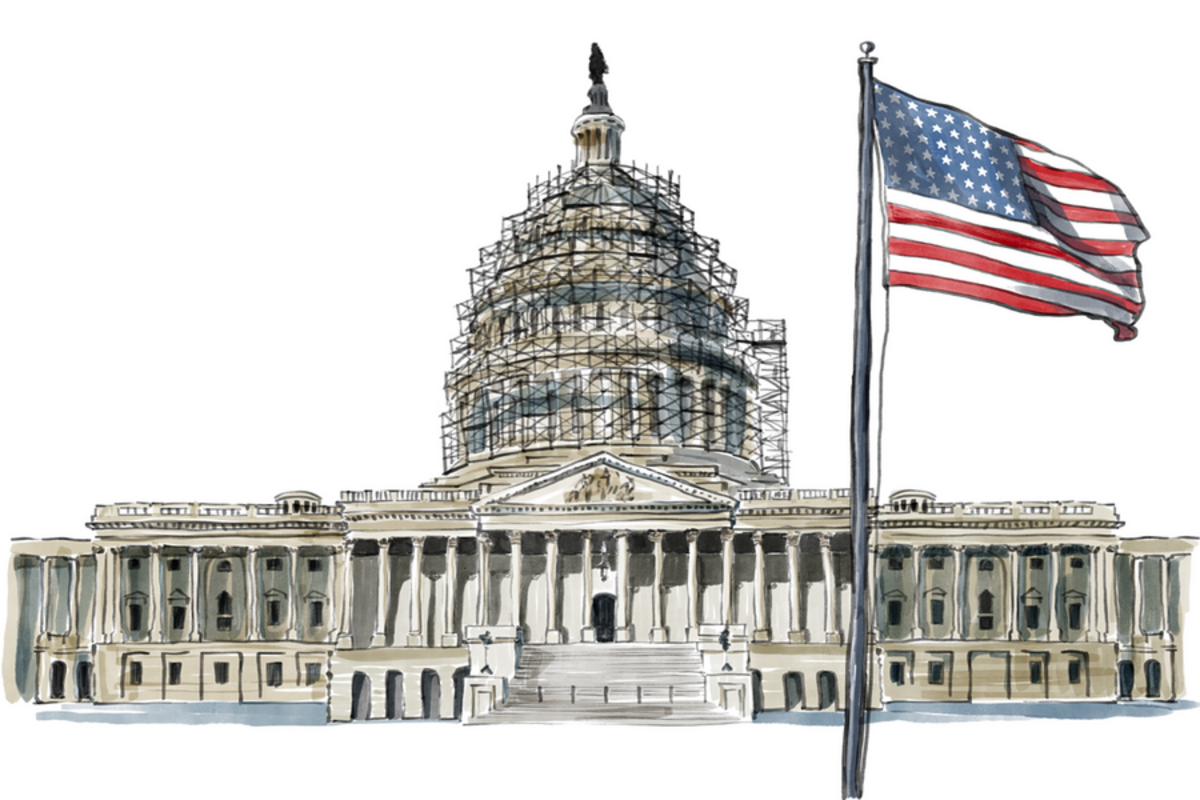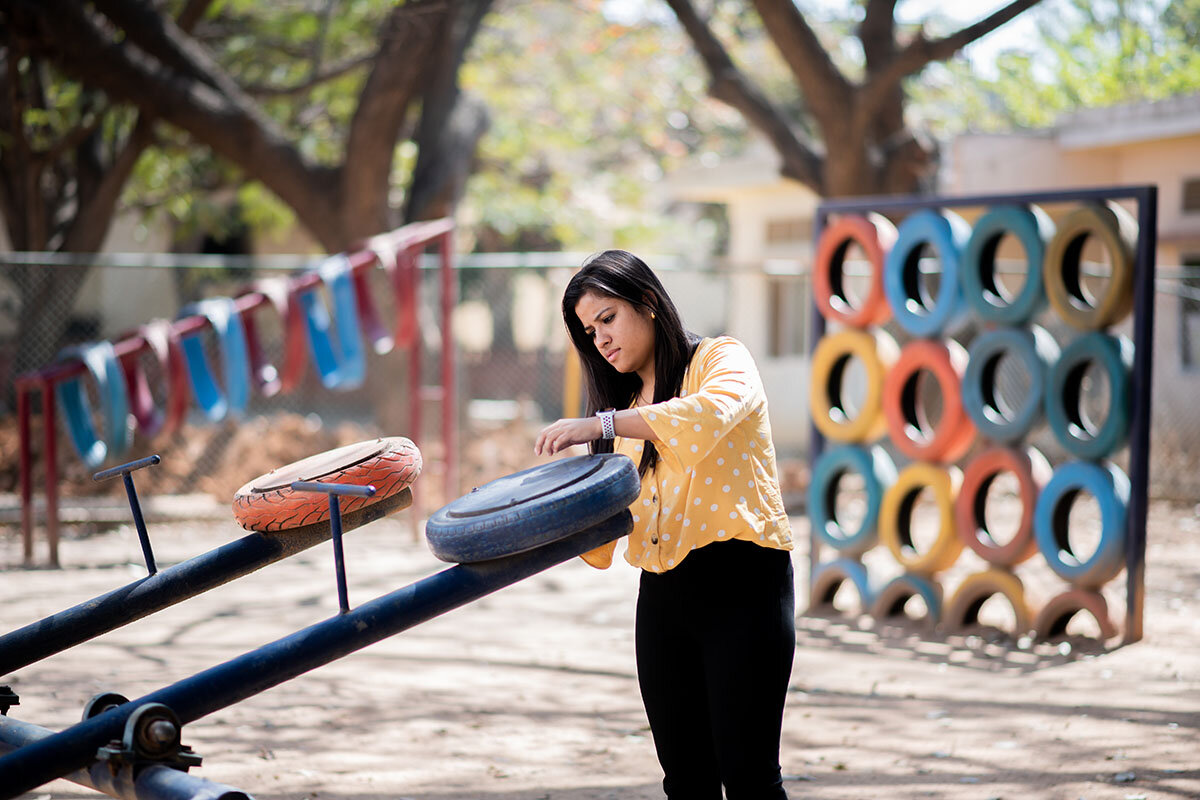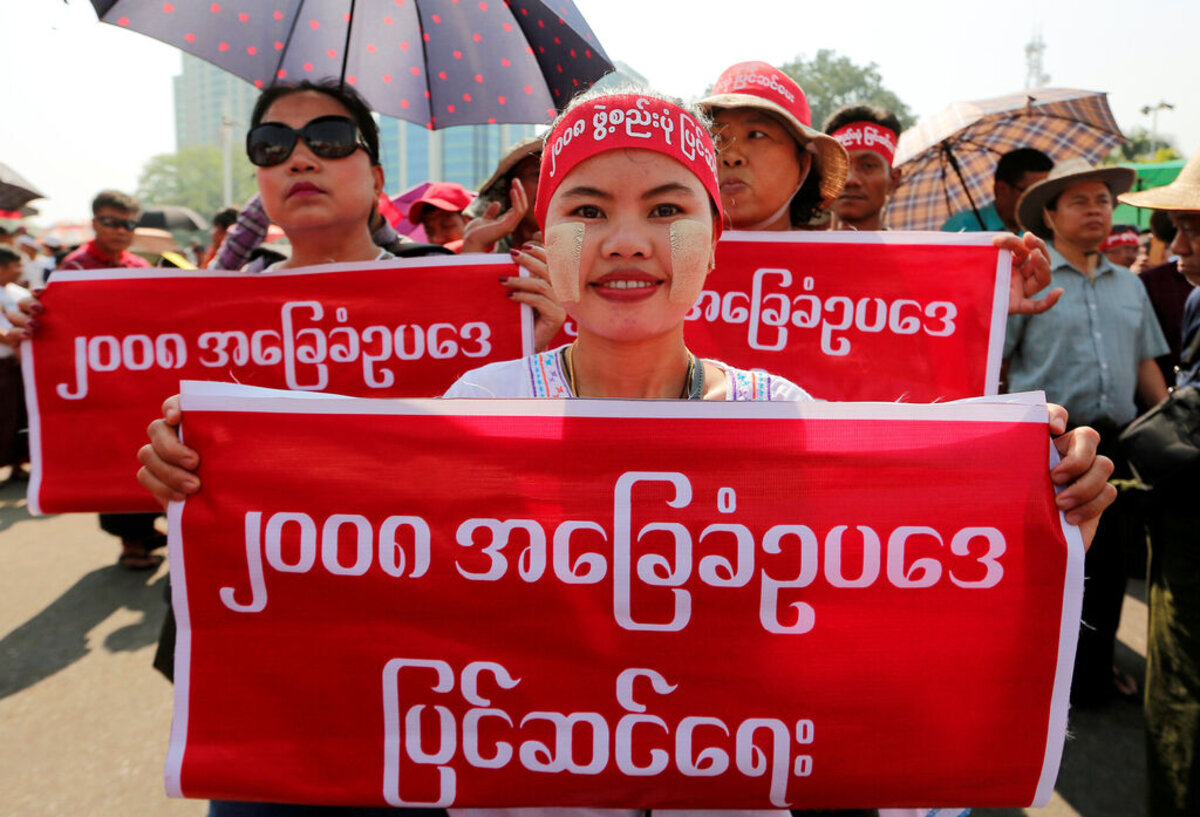Four factors determine whether a democracy is under threat – and all four are present in the United States for the first time. This opener for our series looks at where the country goes from here.
Monitor Daily Podcast
- Follow us:
What do you do when your democracy is struggling?
That’s what the Monitor will be looking at in a series we’re starting – or restarting – today.
Senior Washington writer Peter Grier delved into elements of that question just two years ago in “Democracy Under Strain.” But the issue is ripe for another look. The 2020 U.S. presidential election and the attack on the U.S. Capitol Jan. 6 have sparked deep concerns about a pivotal moment in American democracy. Many Americans – and others around the globe – have wondered if the country’s leaders and “average” citizens alike can shape paths to progress, ones that require some sacrifice, some difficult conversations, some give and take from everyone. Which way will a country that has struggled, cataclysmically at times, to fulfill its founding promise, and has excluded many groups from full civic participation along the way, choose to go?
Peter says he found hope in the long view some sources took, offering perspective on earlier moments when the United States has been under threat. Hard times can force attention to serious problems, or bring them more directly into focus. They can remind people that democracy is a muscle that requires constant exercise.
And that led Peter to an analogy involving Teddie, a beagle he is caring for. A skilled escape artist, Teddie was quick to identify all the holes in his new household’s containment strategy. “So now we know where those are,” Peter says, “and we can fix them.”
So too with democracy.











